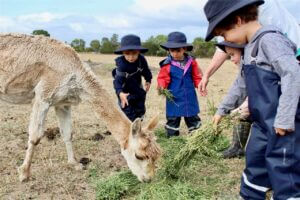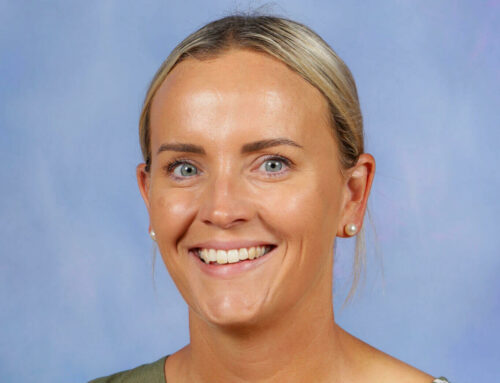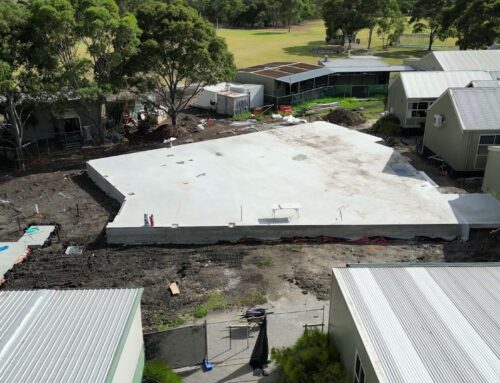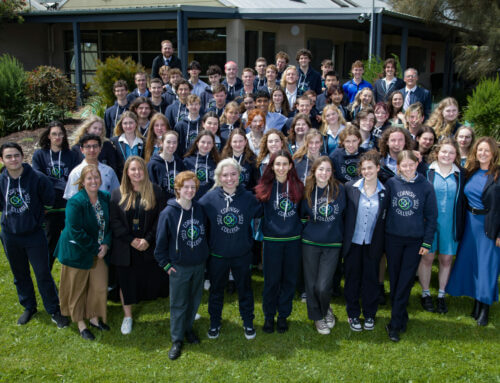A sense of community and belonging can give children the confidence to learn
In a year punctured by change and upheaval, fluid learning styles and conceptual-based teaching methods are coming to the fore.
At Cornish College in Melbourne’s south-east, Principal Nicola Forrest says it’s an approach that is established in their Early Learning Centre (ELC), and grows throughout students’ academic careers.
“Often, schools see early learning, primary schools and secondary schools as separate experiences,” says Forrest. “We believe in the continuity of learning. We see the ELC has such a richness to it… and focus on what it takes to be a learner, rather than simply teaching topics.”
“We see clearly that learning starts [there], not in Prep.”
Focusing on transferable, overarching concepts as a basis for the curriculum as opposed to cycling through highly specific topics, Cornish believes in instilling values of curiosity, contextualisation and adaptability in students.
For example, rather than just/only focusing on the fine details of life in Ancient Egypt, students may be given the broader concepts of conflict and change – wide-reaching concepts they will be able to build upon as they move through their education.
“It’s about seeing the world as a series of connected things,” adds Forrest.
“If you can make those connections through a conceptual lens, you’ll always be learning.
“Everyone talks about how we need to prepare students for a world we don’t understand, for a sustainable future, but you can’t do that learning simply topic by topic. At that three-four year old stage, children learn so much… If you want [it] to be purposeful, you need to provide a lens with which to view the world.”
For Jeanette Russell, the College’s Director of Early Learning, a key to the success of this unique approach is the emphasis on community and belonging. “From the moment the students come to us, they begin building relationships,” says Russell. “We celebrate children’s needs for a sense of belonging and connection.”
This happens in a number of ways – from a buddy program that sees Year 8 students visit the early learners once a fortnight, to Preps returning to talk about what the primary school is like. Teachers and principals regularly drop in to see what’s going on or take specialist classes, and students have the opportunity to explore the 40-hectare property during lessons.
Even the Learning Centre’s position in the heart of the campus, rather than removed from the other students, makes a difference. “It’s really organic. From the beginning, the kids can see they are a part of a bigger school community.”
Russell believes this approachable environment builds confidence in students to take charge of their learning, to take guided risks and learn to adapt and ask questions. “To embrace agency, students need to be independent. With independence comes beliefs of ‘I can do this’. We help students navigate their own learning, within the umbrella of the curriculum.”
The key is the way this approach eases the transition between early learning to primary school, and across year levels.
“It’s normal to be nervous to return to school, but our students come charging in,” says Russell. “Students don’t have to spend time adjusting to the space before they can start learning. They already feel secure and comfortable.”
This adaptability in the students is an obvious source of pride for Nicola Forrest. “Because our students are never boxed into one way of doing things, they’re really agile,” she says.
“Kids need schools to map out a myriad of paths to success, as opposed to a single road.”
‘Excellence in early learning’ feature, The Age
By Megan Whitfield




